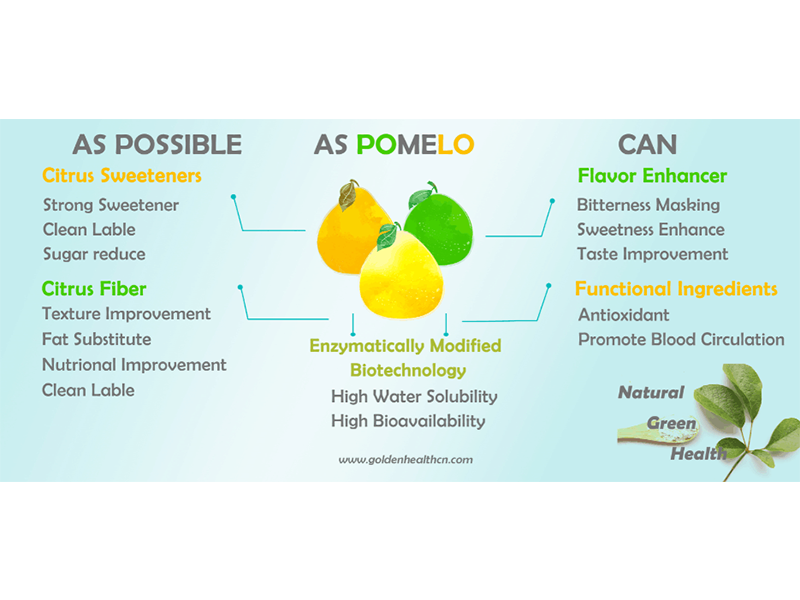What are the facts about sweeteners?
Sweeteners refer to substances that impart sweetness to food. They are the most commonly used food additives in food processing and production. Commonly used are sodium cyclamate, aspartame, and acesulfame.
There are many ways to classify sweeteners, which can be classified into sugar and non-sugar sweeteners according to their chemical structure and properties.
Sugar sweeteners include sucrose, glucose, fructose, etc., which are usually called sugars in my country and are often used as general foods. Only sugar alcohols and non-sugar sweeteners are managed as food additives.
Sugar alcohol sweeteners have the characteristics of low sweetness, low calories and low viscosity, and their metabolism has nothing to do with insulin, does not cause blood sugar rise, and does not produce acid, so they are often used as sweeteners for patients with diabetes and obesity. And has anti-caries effect.
The sweetness of non-sugar sweeteners is very high, the dosage is very small, the energy contained is very low and mostly does not participate in the metabolic process, also known as low-calorie sweeteners.
According to their sources, sweeteners can be divided into natural sweeteners and synthetic sweeteners. Natural sweeteners include sugar alcohols and non-sugar alcohols. Synthetic sweeteners are mainly chemical substances with sweet taste, and their sweetness is generally dozens of times higher than that of sucrose. Most of these substances have a certain degree of water absorption and have good effects on improving the rehydration of dehydrated foods and reducing water activity.
There are many ways to classify sweeteners, which can be classified into sugar and non-sugar sweeteners according to their chemical structure and properties.
Sugar sweeteners include sucrose, glucose, fructose, etc., which are usually called sugars in my country and are often used as general foods. Only sugar alcohols and non-sugar sweeteners are managed as food additives.
Sugar alcohol sweeteners have the characteristics of low sweetness, low calories and low viscosity, and their metabolism has nothing to do with insulin, does not cause blood sugar rise, and does not produce acid, so they are often used as sweeteners for patients with diabetes and obesity. And has anti-caries effect.
The sweetness of non-sugar sweeteners is very high, the dosage is very small, the energy contained is very low and mostly does not participate in the metabolic process, also known as low-calorie sweeteners.
According to their sources, sweeteners can be divided into natural sweeteners and synthetic sweeteners. Natural sweeteners include sugar alcohols and non-sugar alcohols. Synthetic sweeteners are mainly chemical substances with sweet taste, and their sweetness is generally dozens of times higher than that of sucrose. Most of these substances have a certain degree of water absorption and have good effects on improving the rehydration of dehydrated foods and reducing water activity.

